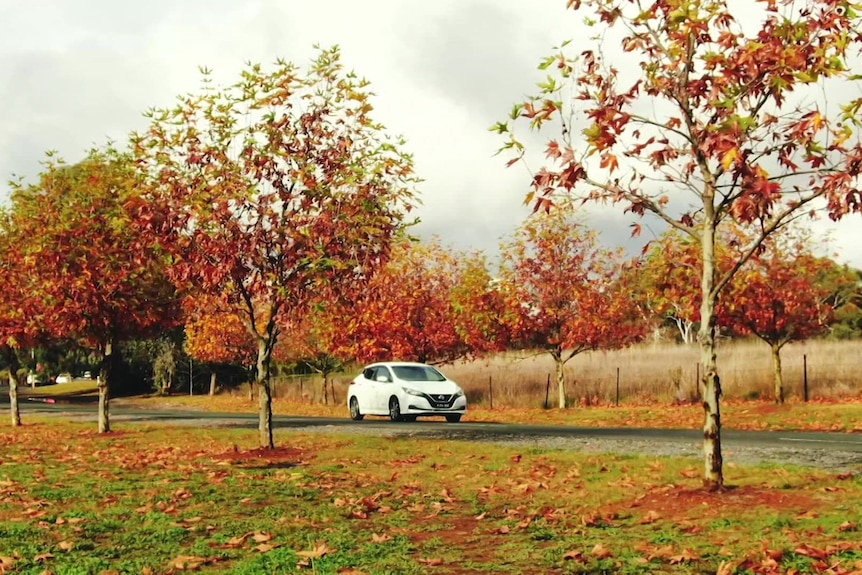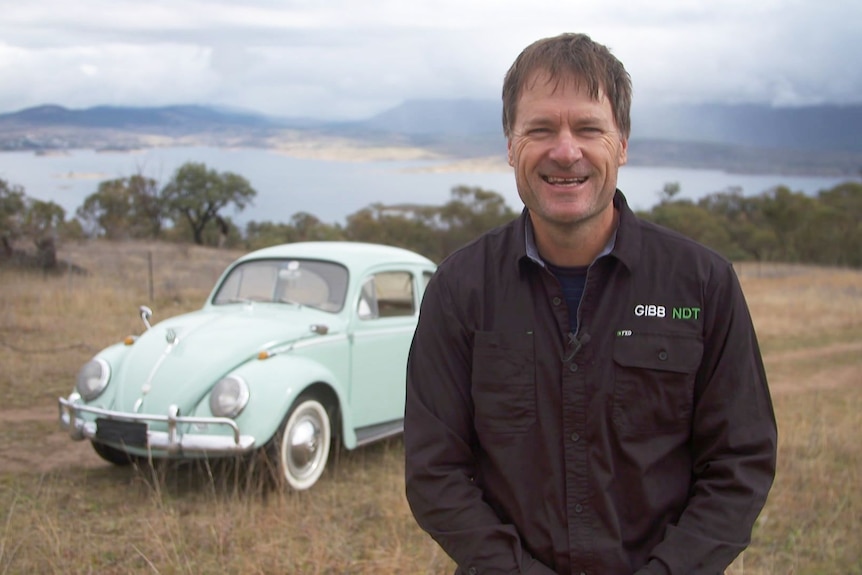Extract from ABC News
A global car giant says Australia is "missing out" on newer, cheaper electric vehicle models in favour of countries that offer better incentives to motorists, pushing the country further behind the international market.
Key points:
- Advocates have accused the Australian government of sending mixed messages to manufacturers
- The ACT has introduced nation-leading incentives for Canberrans to buy electric vehicles
- The high upfront cost for EVs has seen some people get creative in order to bring the price down
Nissan Australia is one of the biggest players in Australia's electric vehicle (EV) industry, selling several variants of its compact LEAF model.
But the company's national manager for electrification, Ben Warren, admits Nissan's best models are not coming to Australia.
"When you can only make so many cars, you have to prioritise where you send them," Mr Warren said.
So does that mean Australian drivers are missing out?
"We absolutely are," Mr Warren said.
One example of that is Nissan's 500km-range, all-wheel-drive Ariya, which is slated for release globally from late 2021.
A spokeswoman for Nissan locally said "at this time [the Ariya] is unconfirmed for Australia."
Mixed EV policy messages from government
Nissan's comments echo longstanding criticisms from EV advocates: that state, territory and federal governments were sending conflicting messages to manufacturers.
EV policy expert Dr Bjorn Sturmberg said there needed to be clearer government leadership.
"The fact that Australia has a small number of people in a global market — that hasn't stopped us from being world-leading in adopting solar.
"We're one of the world leaders in adopting home batteries — there's no reason why we can't get the latest and greatest in electric vehicles as well."
Nissan's
Ben Warren said Australia only needed to take direction from European
nations, which had a dramatically higher uptake of EV technology.
"When we look at the markets that have made the biggest leaps in recent years, this is off the back of fairly consistent policies and regulatory settings and direction from the government," Mr Warren said.
"Ultimately the opportunity for Australia does require the government … to give the guidance to industry, to give the guidance to consumers.
Some experts have suggested that banning petrol cars would force industry change, but countries like Norway, which is leading the world in electric vehicle take-up, has adopted more subtle measures.
Norway's Ambassador to Australia, Paul Larsen, said his government had offered both carrots and sticks to drive change.
"Last year 60 per cent of new cars sold were electric in Norway — about 60,000 new cars," Mr Larsen said.
"The reason is obviously incentives and disincentives — we have very high taxes on petroleum combustible engine cars."
The Norwegian parliament has set a goal that all new cars sold by 2025 should be zero-emission, offering hefty tax breaks, reduced parking and tolls to drivers of green vehicles.
ACT offering nation-leading incentives to make the switch
With demand running hot through Europe for electric cars, ACT Climate Change Minister Shane Rattenbury said he understood why car companies were unwilling to take a punt on Australia's slowly growing market.
"And,
of course, in Australia, we haven't seen the incentives that other
countries are offering, so that's why our market has been so slow to
take off."
The ACT recently announced nation-leading incentives for drivers to make the switch, including interest-free loans of up to $15,000 to purchase an electric vehicle.
There were also stamp duty exemptions, two years of free registration, and a program to build more charging stations around the ACT.
Mr Rattenbury said he hoped the incentives would drive stronger consumer demand, that the carmakers couldn't ignore.
There are currently about 950 electric vehicles registered in the ACT, of which 52 are part of the government's own fleet.
'Grey imports' undercutting Australian dealers
When Canberra bus driver Shane Maher started pricing Australian EVs he found the upfront cost prohibitive, so decided to think outside the box.
Working through a broker, he ended up purchasing a near-new car at auction in Japan and had it shipped to his home in Canberra.
He said the savings were significant.
"If you were to buy this 'e+ LEAF' from a local Nissan dealer I think including on-road costs would be around $62,000-$63,000," Mr Maher said.
"We imported this a year ago for roughly $49,000."
Mr Maher said the model he imported was not available in Australia, and the model he chose allowed him to have a much greater driving range on a single charge.
"In real life, we could probably stretch this car out to about 360 kilometres … but we drive around 300 — 330 kilometres and then give it a quick recharge, just to be safe, just to give us a bit of a buffer."
Nissan's Ben Warren said he understood the temptation for buyers to look overseas.
"Looking at those alternative channels obviously comes with risk and reward. So as a consumer you've got to take a balanced view of what you're getting yourself into."
Mr Warren said the main risk was the lack of a manufacturer's warranty when a car was imported from a foreign country.
Turning classics into battery sportscars
Despite incentives to encourage people to choose electric cars, the high upfront costs mean EVs are still out of reach for many people.
In the Snowy Mountains district of New South Wales, mechanical engineer Conrad Gibb has been run off his feet, keeping up with demand for motorists wanting to crack the EV market.
But his electric cars looked nothing like the modern models offered by the big manufacturers.
Mr Gibb specialises in retrofitting classic vehicles with supercharged battery power — delivering performance that way exceeded their original specifications.
He said the costs were relatively high, ranging from $30,000 for a DIY battery conversion, to $50,000 for a fully installed service.
But he said the price was not deterring drivers wanting to swap out gas-guzzling engines from their classic Jaguars or VW Kombis, for zero-emission technology.
He said there were several reasons people were looking to convert their old clunkers to electric, including environmental benefits and reduced running costs.
"It's just a motor with perhaps half a dozen moving parts and two bearings. There's not a lot to it really," Mr Gibb said.
"And no maintenance and cheap running — our Beetle costs approximately $3.80 per 100 kilometres to run on electricity. It's cheap."
Mr Gibb admitted the purists would never go for it, but most people who drove his converted classics appreciated their vastly improved acceleration.
No comments:
Post a Comment